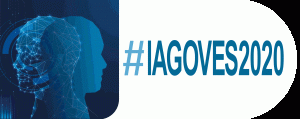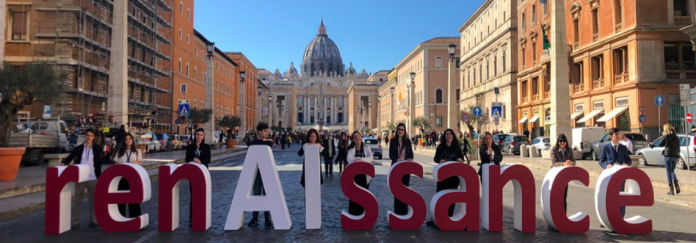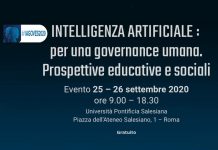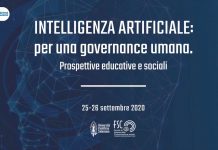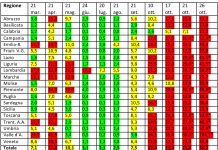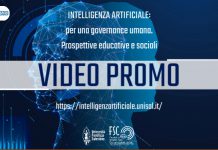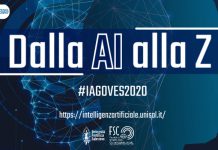«Contributions from the Catholic Church to ethical reflections in the digital era», is the title of the article authored by a team of experts from the Pontifical Academy for Life and published in the current issue of «Nature Machine Intelligence», the Nature Research journal that addresses a wide range of topics in machine learning, robotics and artificial intelligence.
Nature Machine Intelligence also explores the significant impact that the aforementioned fields have on other scientific disciplines, industry and society, by encouraging a cross-disciplinary dialogue on ethical issues as well. In the article, a multidisciplinary team brought together by the Pontifical Academy for Life (PAV) reflected on roboethics, and explored the themes of embodiment, agency and intelligence.
The article first recalls the Rome Call for AI Ethics, a statement regarding the need for human-centric AI ethics principles that was drafted by an interdisciplinary working group coordinated by PAV. On February 28, 2020, the Call was signed first by PAV’s president (Abp Vincenzo Paglia), Microsoft’s president (Brad Smith), IBM’s executive vice president (John Kelly III), the Food and Agriculture Administration’s director general (Dongyu Qu), and the Minister of Italian Government for Technological Innovation and Digitalization (Paola Pisano).
The article then addresses embodiment, agency and intelligence, by highlighting how Christian anthropology fosters a future-oriented ethics open to and responsible for development, with an attitude towards science and technology that is fundamentally confident and welcoming of innovation. Moreover, the article elaborates on the difference between artificial intelligence, machine intelligence and machine behavior, by underlining how the dialogue already started between technologists and, for example, researchers in social sciences should be extended to also encompass philosophical and theological reflection, with expected benefits for all.
The concluding remarks point out that digital innovation and technological progress must contribute to human development and benefit, with respect for society, especially those potentially left behind, and the environment. Furthermore, potential benefits must be implemented through equitable applications, and global cooperation and inclusive dialogue also encompassing religious denominations at large must be fostered, also through scientific events and journals.
PAV is proactively participating, with courage and discernment, in this social and historical context that is undergoing a profound transformation. From a wider perspective, the Catholic Church is challenged by scientific and technological innovation; yet it can help foster a new alliance to respectfully listen and integrate multiple voices, keeping in mind that voices are necessarily plural. Yet, the human family, our common good, our common home, is one.
Article authors: Edoardo Sinibaldi (Italian Institute of Technology, Genoa, Italy); Chris Gastmans (Centre for Biomedical Ethics and Law, Catholic University of Leuven, Leuven, Belgium); Miguel Yáñez (Faculty of Theology, Pontifical Gregorian University, Rome, Italy); Richard M. Lerner (Institute for Applied Research in Youth Development, Tufts University, Medford, MA, USA); László Kovács (Faculty of Liberal Arts and Sciences, University of Applied Sciences, Augsburg, Germany); Carlo Casalone, Renzo Pegoraro and Vincenzo Paglia (Pontifical Academy for Life, Vatican City, Vatican City).
